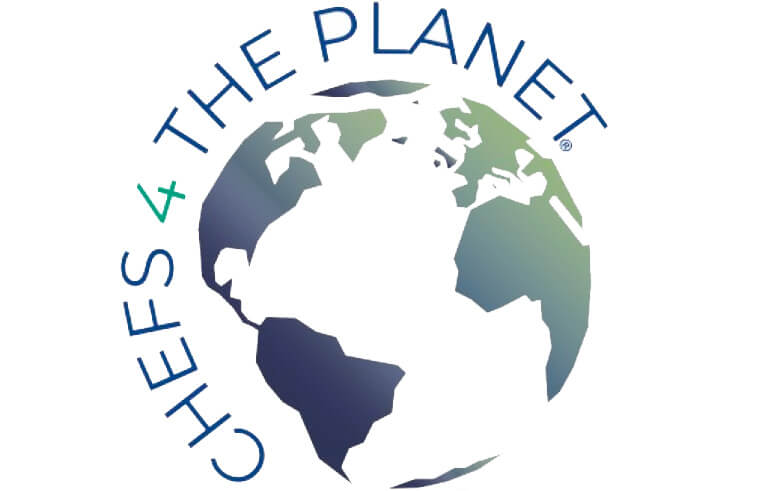During a panel discussion organized by Food Tank, the Global Alliance for the Future of Food, and the International Fund for Agricultural Development (IFAD), experts discuss the importance of unlocking private investments to support sustainable food systems.
The event is part of a series of panels with themes inspired by Global Alliance’s Seven Calls to Action to transform the food system. Moderated by Ruth Richardson, Executive Director of the Global Alliance and Danielle Nierenberg, President of Food Tank, each conversation features members of the United Nations Food Systems Champions Network.
The fifth Call to Action and this conversation focuses on the role that private investors play in food systems transformation. Panelists include: Andrew Mushita, Executive Director of the Community Technology Development Trust; Ndidi Nwuneli Co-founder of Sahel Consulting and Board Chair of Nourishing Africa; Bettina Prato, Senior Coordinator for the Smallholder and Agri-SME Finance and Investment Network (SAFIN); and Geeta Sethi, Advisor and Global Lead for Food Systems at the World Bank.
Richardson explains that the fifth Call to Action is “really about the redirection of financial flows from philanthropy, major private investors, banks, multilateral donor agencies, and others away from harmful actors and practices [and] toward desired actions that incentivize, accelerate, and amplify food systems transformation.”
Sethi helps to set the stage, explaining that in 2019, US$2.6 trillion from private financial institutions went toward sectors that are the biggest drivers of biodiversity loss. This happened, she says, despite the fact that there are an increasing number of conversations focused on the importance of environmental health. “The left hand and the right hand still aren’t coordinated in terms of how private finance is moving into areas,” Sethi tells Food Tank.
In addition to ensuring that finance is moving into the right spaces, Prato argues that infrastructure is just as essential. “Finance itself doesn’t unlock investment opportunities,” Prato tells Food Tank. “You really have to build up those investment opportunities, to design, prepare, and de-risk those opportunities.”
Once these investment opportunities are in place, Mushita says that it is important to ensure developments are “demand-driven” and “serve the interests of small-holder farmers.” By co-designing solutions with farmers, he argues, it is possible to ensure that they truly work for a community.
Read the rest here: https://foodtank.com/news/2021/04/redirecting-private-sector-finance-for-a-sustainable-food-system/


